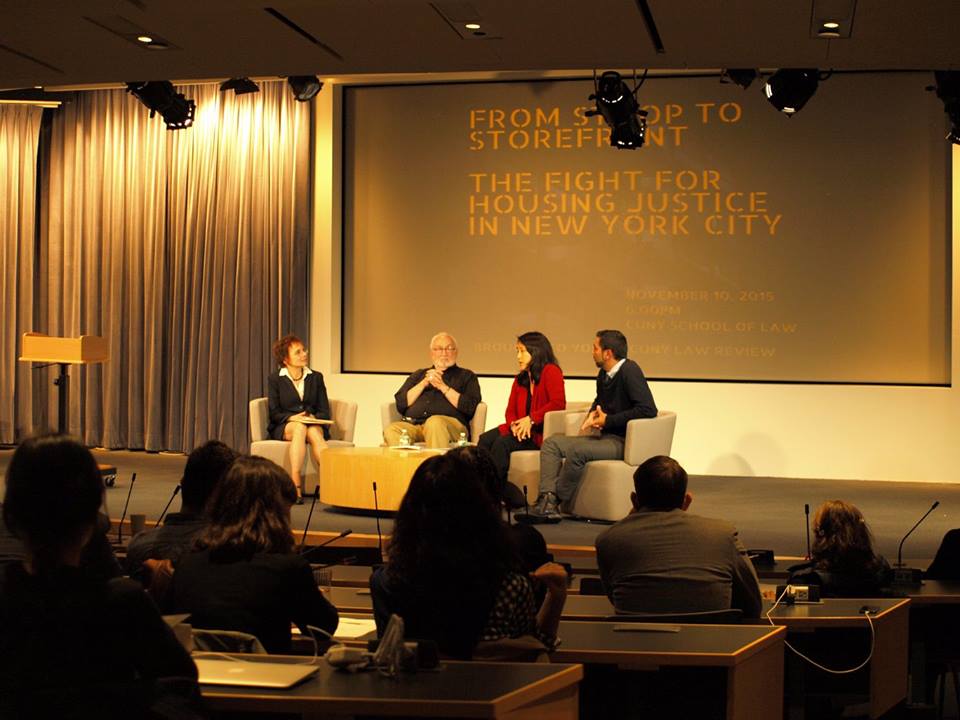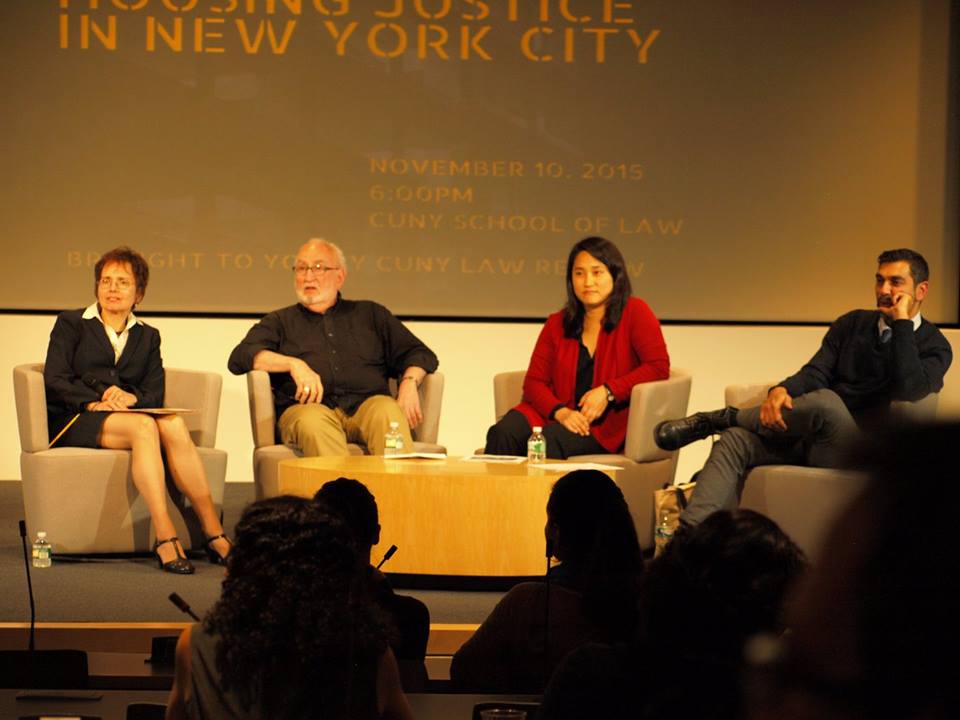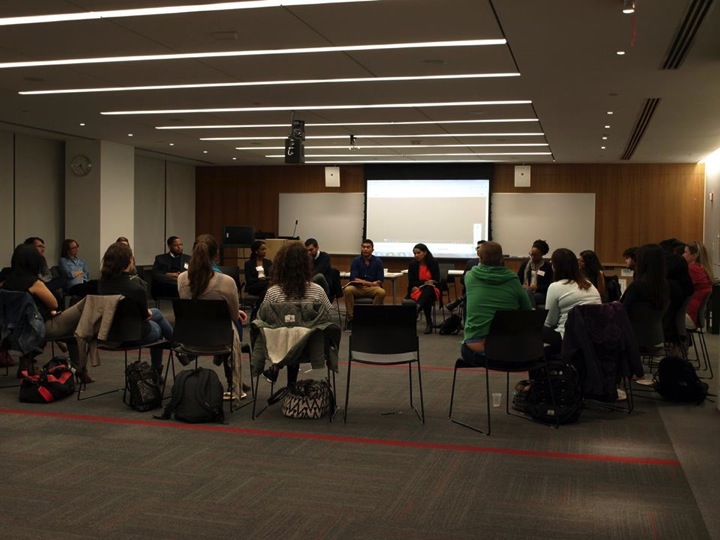Matthew J. D’Emic[1]
Click here for a recommended citation and to download a paginated PDF version of this article.
Introduction
It has been a rough year for the criminal justice system in America. Racially charged confrontations in various jurisdictions have caused citizens to question both the substantive and procedural fairness of our justice system. Calls for reform of the grand jury process, court transparency, and other facets of the criminal justice system sound far and wide. Protestations of “no justice, no peace”—an accusation of systemic injustice—echo across the country.[2]
Legal scholars decry the shortcomings of judges and judging. One claims “misjudging is more common, more systematic, and more harmful than the legal system has fully realized.”[3] Yet another presumes “judges generally are prone to error because of . . . informational, cognitive, and attitudinal blinders,” concluding, “I do not think that the vast majority of trial judges are good . . . .”[4]



